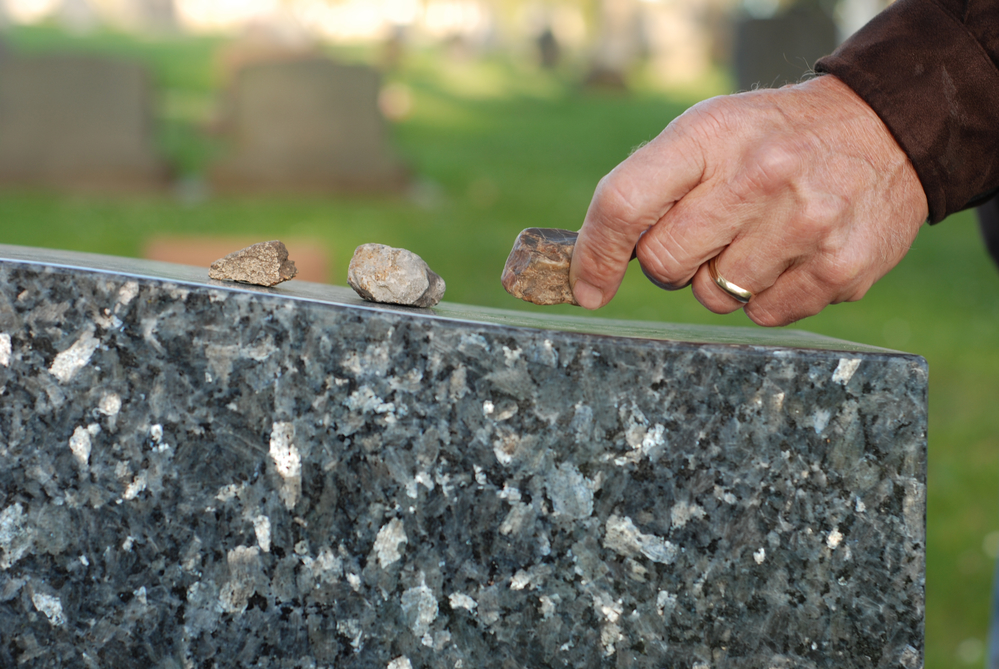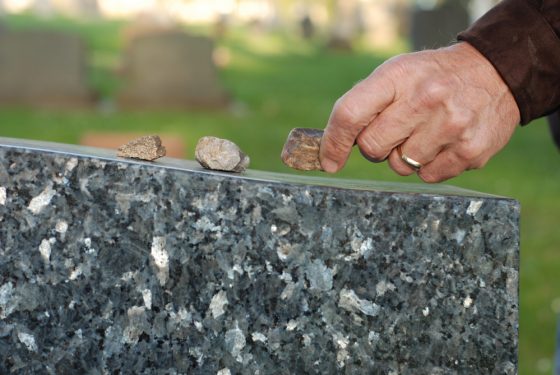Doctor cleared of murder in euthanasia case says she would do it again

 The doctor who was cleared of murder for carrying out euthanasia for a seriously demented woman has for the first time given an interview on what she did – and why she would do it again.
The doctor who was cleared of murder for carrying out euthanasia for a seriously demented woman has for the first time given an interview on what she did – and why she would do it again.
Marinou Arends, a retired geriatric doctor who worked in the Mariahoeve care home in The Hague, told Nieuwsuur television programme that she had no idea that her actions would lead her to be facing jail and she still believed they were ‘for the best’.
On April 22, 2016, she gave euthanasia to a 74-year-old woman with advanced Alzheimer’s who had been admitted to the care home seven weeks before. The woman had two advance directives making it clear that she never wanted to be put in a care home with dementia, and wanted euthanasia when she felt ‘the time was ripe.’
But although the woman repeatedly said she wanted to die, when asked directly, she would then say ‘not yet’. A second specialist agreed she was ‘suffering unbearably’ in the home and in the end, Arends put a sleeping drug in her cup of coffee; when the woman later appeared to sit up and draw back from the lethal infusion, her son-in-law pushed her down in her bed again.
This so-called ‘coffee case’ caused outrage in the Netherlands and abroad when it became public – with many doctors signing a newspaper advertisement saying they would not administer a drug secretly for ethical reasons – and was the first euthanasia case to go to the High Court. Arends was completely exonerated, and a formal censure which had been given by a medical board was expunged.
Suffering
‘I believed that her suffering was truly awful and I knew that it could last for a long time,’ she told Nieuwsuur. ‘If you asked her: “What would you think if I were to help you to die?”, she looked bewildered and said: “That’s going a bit far!” I saw in her eyes that she didn’t understand it any more.’
Although it is not required by the letter of the law, doctors’ organisation the KNMG had considered it good practice to confirm that a dementia patient still wants euthanasia before the moment of death – even after all other strict requirements have been fulfilled. Concerns had been growing about what to do if someone was no longer mentally competent to make this decision, and the public prosecution said it brought a case against Arends to get more legal clarity.
‘It is good to get the confirmation: do it, just do it,’ acknowledged Arends, who said she had asked the patient three times and had a negative reply. ‘But I couldn’t get this confirmation, and without it I had to take this step. It was tremendously difficult, but for the best. I believed I was working within the boundaries of the law.’
Arends said that recently-published government guidelines around euthanasia and dementia at the time made it clear that a ‘living will’ could represent someone’s wishes if they were no longer able to express their desires in word or gesture. ‘[If these had not been there], I would not have done it,’ she said.
Cleared of murder
She was cleared of a murder charge last September, a decision upheld this April by the Supreme Court – which also tore up a written reprimand she had been given.
Arends said she gave the Nieuwsuur interview and waived her anonymity because of her belief in the importance of the Dutch euthanasia law and openness.
She defended her use of the sedative in the woman’s coffee, saying it was an attempt to avoid her feeling ‘panic’. She said it was an ‘accepted practice’ to give medicine secretly with the agreement of the person with power of attorney – in this case, the woman’s husband. But other experts disagreed, leading to the court case.
‘It is bizarre,’ she added, emotionally. ‘It’s the first time that I realised that an accusation of murder was even possible, in court. You see images of a jail cell before you. It has such a huge personal impact.’
But, she added, she was sure that she had done the right thing, after consulting the care team, the woman’s doctor, a ‘SCEN’ specialist and the family.
‘This was [a] unanimous [decision], a choice between an average residency of seven years, seven years of suffering, or – on the basis of the fundamental message in her living will – giving her the euthanasia she longed for.’
Thank you for donating to DutchNews.nl.
We could not provide the Dutch News service, and keep it free of charge, without the generous support of our readers. Your donations allow us to report on issues you tell us matter, and provide you with a summary of the most important Dutch news each day.
Make a donation